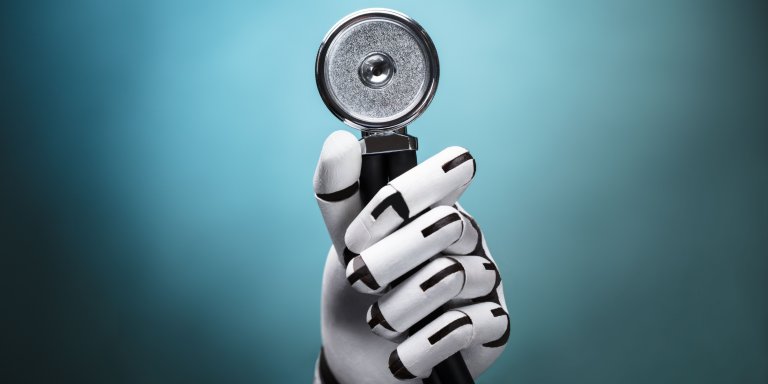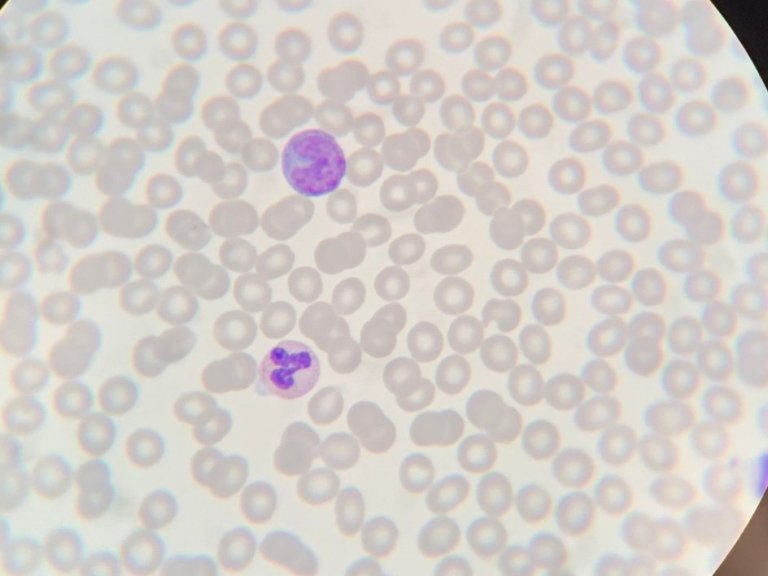"This is the first time in medical history that we have the combination of enough data and enough tools to really change how we do healthcare,” says Halamka, whose Mayo Clinic Platform seeks to combine de-indentified patient data from around the world in order to facilitate the development of more accurate models. So far, this has resulted in more than "180 models and 18 that have been cleared by the FDA," he adds.
A sign of the platform's potential comes from an algorithm that has been developed to analyse the results of a colonoscopy, a procedure performed on around 15 million Americans each year. "The best endoscopist misses 15% of small polyps during a colonoscopy, with our model we miss 3%. A physician augmented by AI is 5 times better,” Halamka says.
Augmented Physicians or Augmented Patients?
For Folkert Asselbergs, the augmentation shouldn't be limited to those working in hospital but also extend to its patients. "Patients can be empowered by digital agents. It can allow them to learn more about their illness and track their own symptoms. Which can be beneficial for both the doctor and the patient,” he says.
This doesn't not mean that all patients should rush to google their symptoms or ask ChatGPT for a treatment plan. Indeed, Halamka would strongly advise against the latter option. "AI must be transparent, reliable and consistent. ChatGPT is none of these, we don't know where it gets anything from. It's math, not magic,” he warns.
However, the algorithms that ChatGPT also makes use of can be greatly beneficial for doctors in the future. "What natural language processing can give us can't be underestimated. For example, think of an AI program that uses ambient listening to a patient consultation and provides a summary, or even one that simply manages a doctor's email inbox and provides suggested replies that the physician can edit and send. This is one of the easy ways that digitalisation can give back to frontline health workers after years of taking away,” says Halamka.
Transparency on the frontline
Both Asselbergs and Halamka agree that AI can only become a true co-pilot if both its developers and those who make use of it, do it transparently and fairly. "AI is worthless without high quality data but we need to be transparent about what we are going to use the data for,” says Asselbergs. "AI can really have a democratising effect on both data and knowledge. Patients can learn more about their own illnesses, but I believe that we, as hospitals, shouldn't become data centres but rather, patients should become data centres. Hosting their own information,"" he adds.
Nevertheless, this process will require patience. Something that Asselbergs believes all hospitals should exercise. "I think we need to learn to slow down, the opportunities are enormous, but we have to resist the urge to do everything as quickly as possible. We wouldn't start prescribing drugs if we didn't know the full effects and algorithms shouldn't be treated differently.” says Asselbergs.




